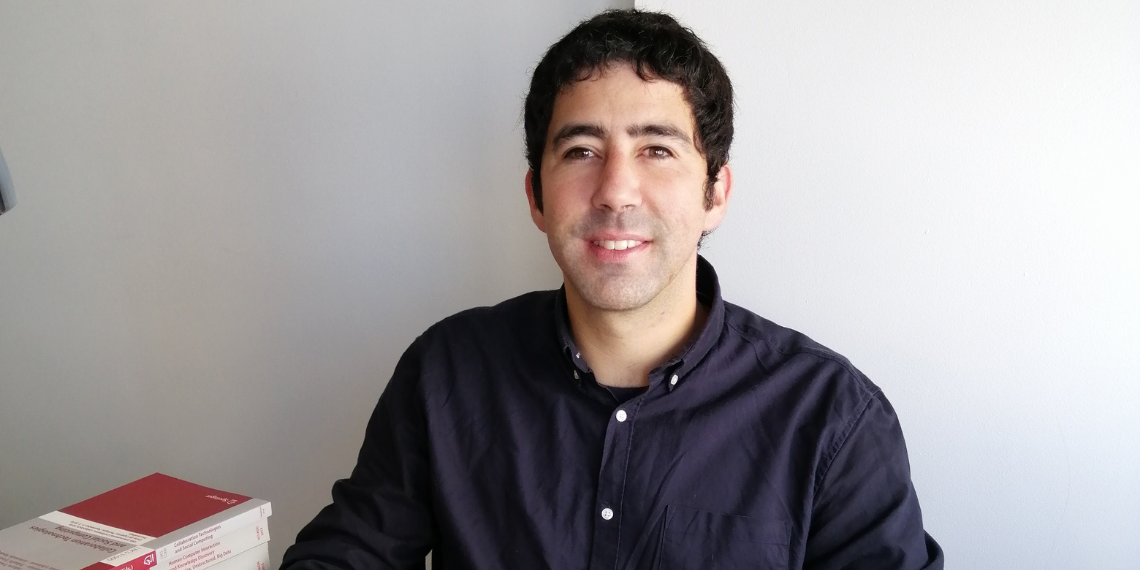António Correia, a researcher at INESC TEC, and a PhD Candidate in Computer Science at the University of Trás-os-Montes and Alto Douro (UTAD), is the first Portuguese selected for the Microsoft Research PhD Fellowship programme. This global initiative aims to identify and empower the next generation of experts in computing research and innovation.
This nomination stems from the research work carried out by António Correia within the scope of his PhD thesis “Crowd-computing hybrids in scientific discovery” (awarded with a grant from the Portuguese Foundation for Science and Technology). The thesis, supervised by Benjamim Fonseca (INESC TEC), and co-supervised by Hugo Paredes (INESC TEC) and Shoaib Jameel (University of Essex), focuses on exploring the integration of hybrid models of human-machine interaction in scientific tasks, with an emphasis on the use of crowdsourcing to support scientometric processes based on the analysis of scientific production at a large-scale.
“We believe that this type of approach may help to mitigate some of the current problems, such as ‘scientific misinformation’ and the inability to keep up with advances in different fields of knowledge, due to the large volume of information that is published”, explained António Correia.
With this work, the researcher from INESC TEC aims to understand how human-machine collaboration can generate a “hybrid collective intelligence” to support decision-making in a multidisciplinary context, thus making correlations and identifying patterns that could lead to new advances. However, and according to the researcher, there is still a long way to go before it is possible to draw a set of implications for the design of such systems, where fieldwork using methodologies grounded in ethnography and similar approaches will be essential for examining actual practices and adoption behaviours at the individual and institutional level through an in-depth study of interactions beyond algorithms.
“On a personal level, I hope to make the most of this experience at Cambridge, and that more researchers in Portugal can achieve this accomplishment; I’d also like to thank the members of the Federal University of Rio de Janeiro (UFRJ) with whom I have been collaborating actively in recent years – without them, none of this would be possible”, said the researcher at INESC TEC’s Centre for Information Systems and Computer Graphics (CSIG).
The INESC TEC researchers mentioned in this news piece are associated with FCT and UTAD.



 News, current topics, curiosities and so much more about INESC TEC and its community!
News, current topics, curiosities and so much more about INESC TEC and its community!